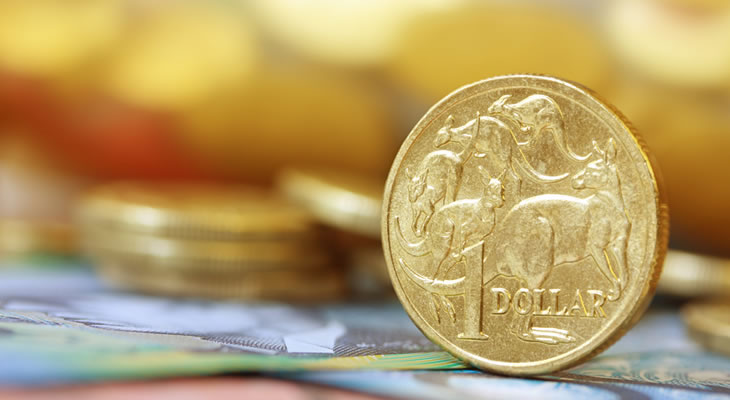Pound Australian Dollar (GBP/AUD) Exchange Rate Rises as PM’s Brother Announces Resignation
UPDATE: The Pound Sterling Australian Dollar (GBP/AUD) exchange rate rose and the pairing is currently trading at an inter-bank rate of AU$1.8088.
Sterling rose as Prime Minister Boris Johnson’s brother Jo Johnson announced his resignation as minister and MP.
Fresh optimism the UK will avoid leaving the EU without a deal offset the increase in risk appetite that buoyed the ‘Aussie’.
Meanwhile, UBS Wealth Management has predicted the Pound could jump to $1.30 if Brexit is delayed beyond the current deadline, and its Chief Economist, Dean Turner noted:
‘Sterling has been buffeted by the frenetic pace of events in parliament over the last couple of days. Removing the immediate threat of a no-deal Brexit has helped the Pound recover some of its recent weakness.
‘If, as we expect, Brexit is delayed until January 2020 and an election is held after October, we would expect this recovery to continue.’
Pound Australian Dollar (GBP/AUD) Exchange Rate Falls as High-Level US-China Talks Announced
The Pound Sterling Australian Dollar (GBP/AUD) exchange rate slumped and the pairing is currently trading at an inter-bank rate of AU$1.7950.
The risk-sensitive Australian Dollar rallied this morning following an announcement US-China trade talks would resume next month.
Beijing’s Commerce Ministry announced the US and China had agreed to hold high-level talks in Washington in early October.
However, some economists believe this should be taken with caution and Neil Wilson of Markets.com noted:
‘The news of face-to-face high-level talks between the US and China next month has been seen as a positive but needs to be taken with a good dose of salt. It wasn’t long ago the market was rallying as we thought a deal imminent, now it’s moving on nothing more than the confirmation of talks.
‘It highlights the headline risk that traders must contend with and suggests there is very little by the way of a strong trend in the markets right now, just a lot of short-termism and uncertainty. A trade deal is a long way away.’
Pound (GBP) Slides as MPs Reject Call for General Election
Prime Minister Boris Johnson faced yet another defeat in parliament after MPs rejected his motion for a general election.
Opposition leader, Jeremy Corbyn accused Johnson of ‘playing a disingenuous game’ in order to force a no-deal Brexit.
He also noted that his party would not back an election until after the Brexit delay bill had been passed.
However, the Prime Minister has argued that the bill will leave him unable to negotiate a deal with the European Union.
The bill aimed at blocking a no-deal passed in the House of Commons in one day and will now be put to the Lords for approval.
Reports revealed the Brexit delay bill proposed by opposition MPs will complete its passage through the House of Lords on Friday.
Brexit Delay Bill and Removal of Hong Kong Extradition Bill Buoys Risk Appetite
The pairing slumped as Wednesday’s events provided little clarity on Brexit.
With outcomes ranging from the UK remaining in the EU to crashing out of the union without a deal, investors took note of caution.
Commenting on this, J.P Morgan Analysts pointed out that Boris Johnson still leads opinion polls and noted:
‘It’s important to keep in mind that the situation continues to look pretty bad.
However, risk appetite did receive a temporary boost from this, as well as Hong Kong leader, Carrie Lam’s withdrawal of the extradition bill that sparked months of protests.
Pound Australian Dollar Outlook: Disappointing Aussie Construction to Weigh on AUD?
Looking ahead to this evening, the Australian Dollar (AUD) could slump against the Pound (GBP) following the release of the AIG construction index.
If the index slides further following the sector’s steepest contraction since May 2013 in July, the ‘Aussie’ could be left under pressure.
Meanwhile, further Brexit developments could provide Sterling with an upswing of support.
The Pound Australian Dollar (GBP/AUD) exchange rate could edge up if the chance of a no-deal Brexit continues to decrease.


Comments are closed.